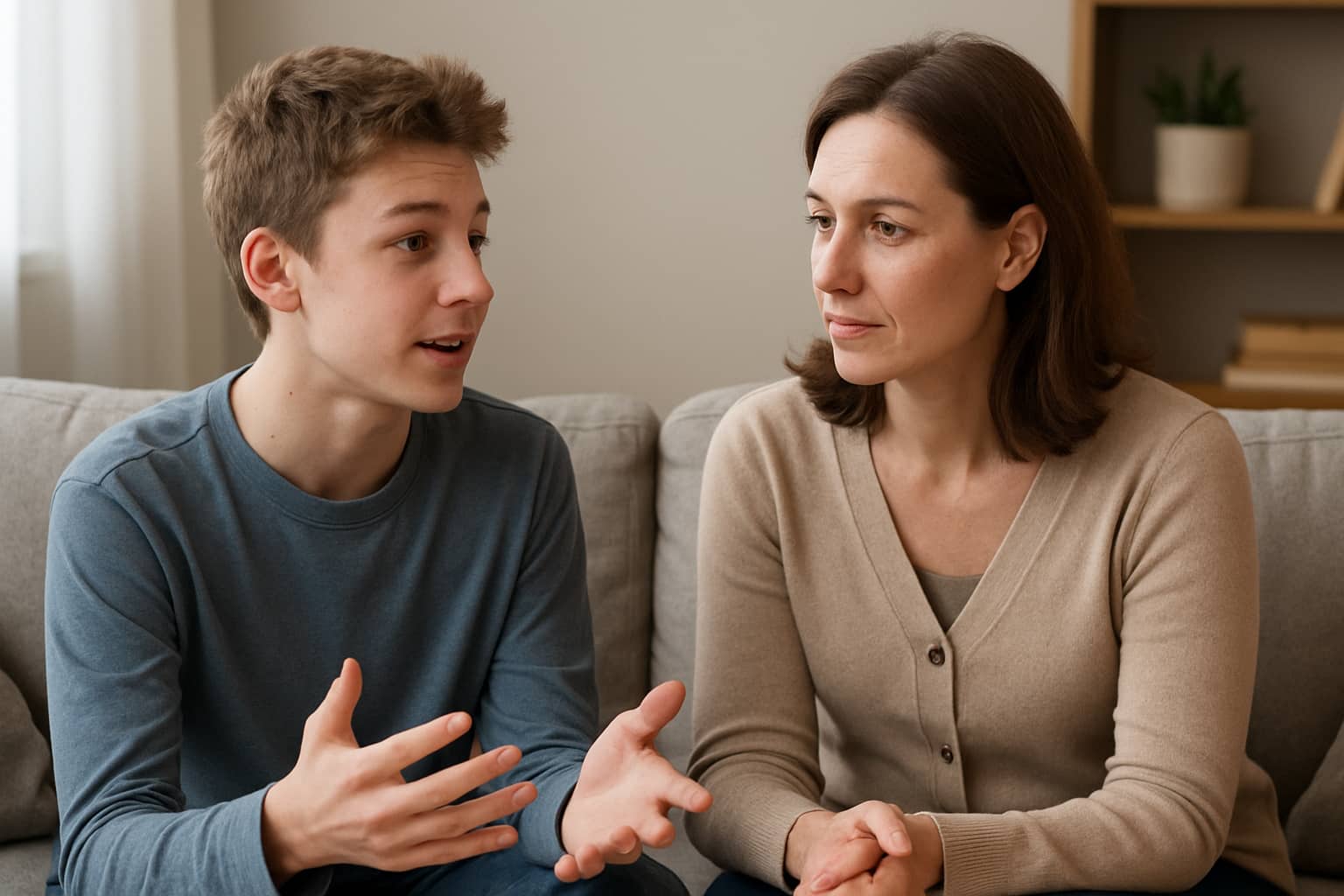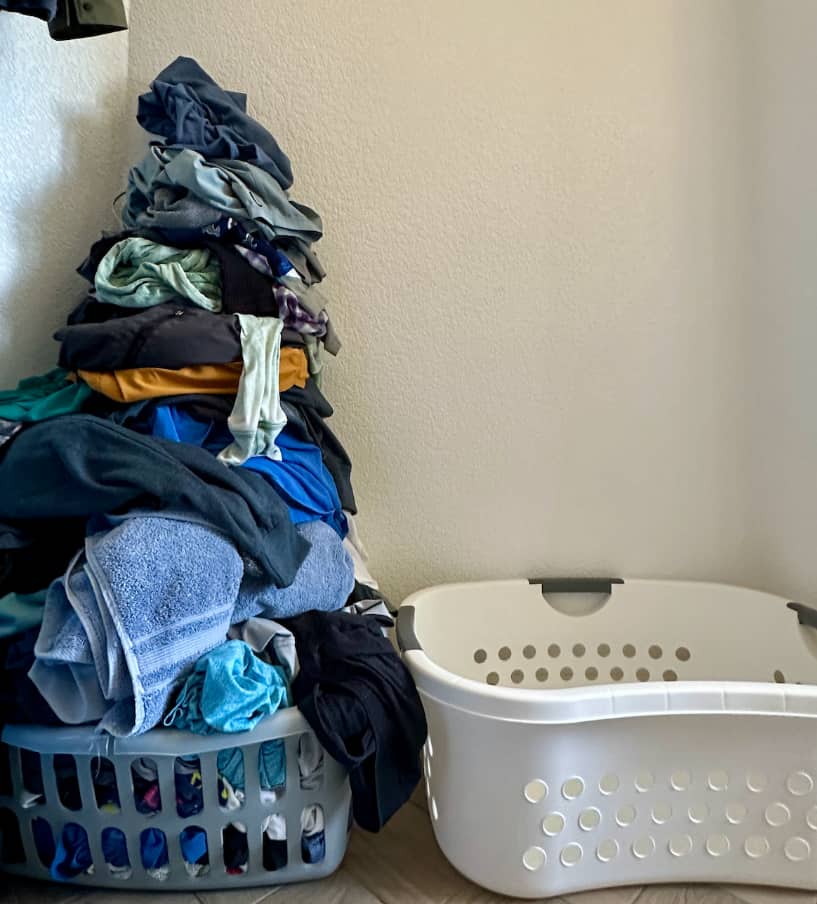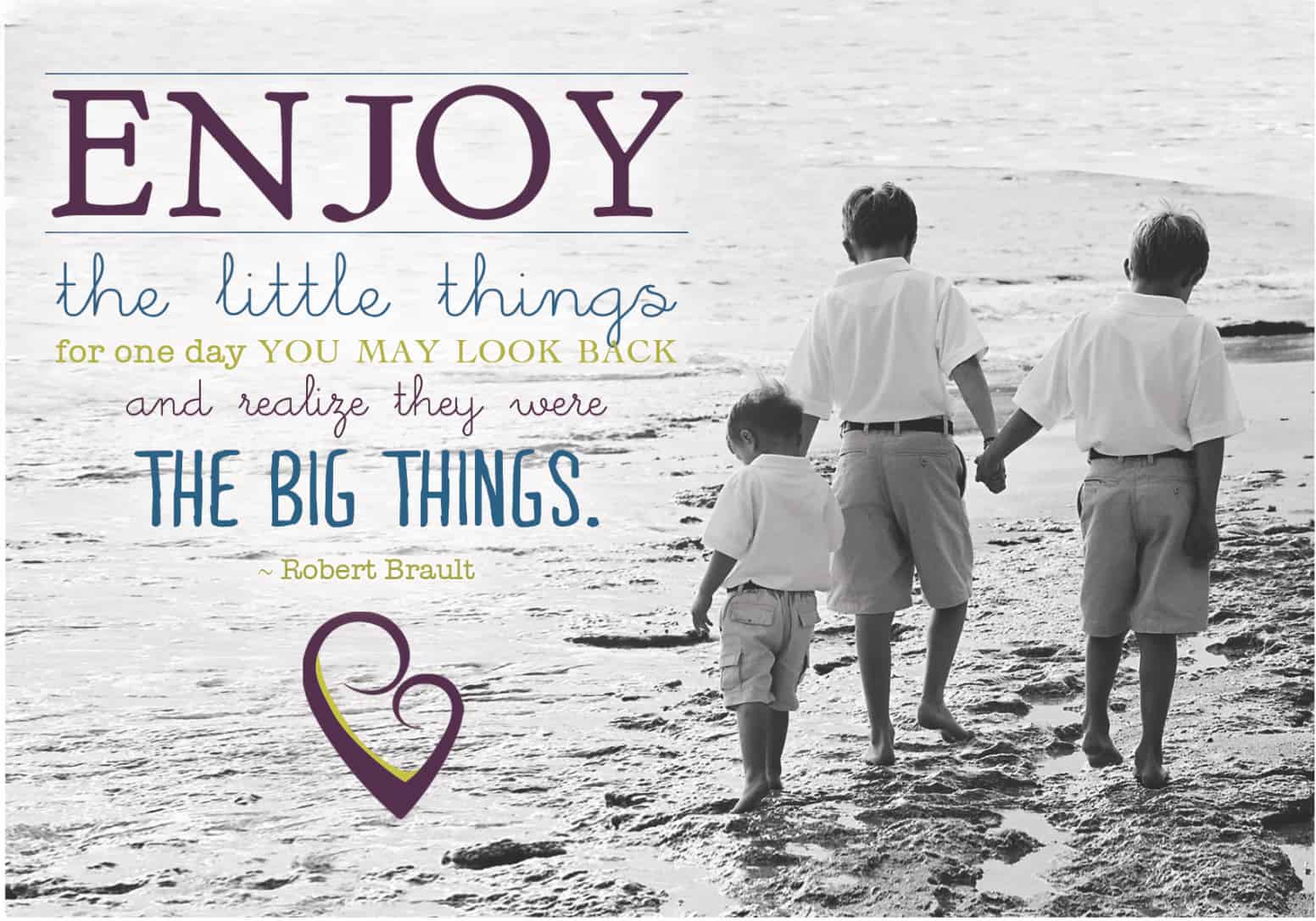This morning, I raced down the hill with my 5th grader only to watch the bus pull away. Late. Dang it. I smiled and waved as I passed all the good, competent moms who had been on time and were chatting and smiling while they calmly waved goodbye to their good kids who had made it to the bus on time. What I wanted to do was throw Harry Potter’s invisibility cloak over my car so the competent, on-time moms couldn’t see my inadequacy as I raced past them.
As I followed the bus, presumably all the way to school, thereby making myself late for work, I did manage to stay calm with my son. Score. I suggested he think about some ways that he could help make up the 25 minutes at work I was going to lose by driving him all the way to school. We both lucked out when the bus pulled over for one more stop and my son dashed out of the car and jumped on. Score for him.
Regret. Incompetence. Embarrassment. Love. Laughter. Competence.
Thus passes another morning of parenthood.












